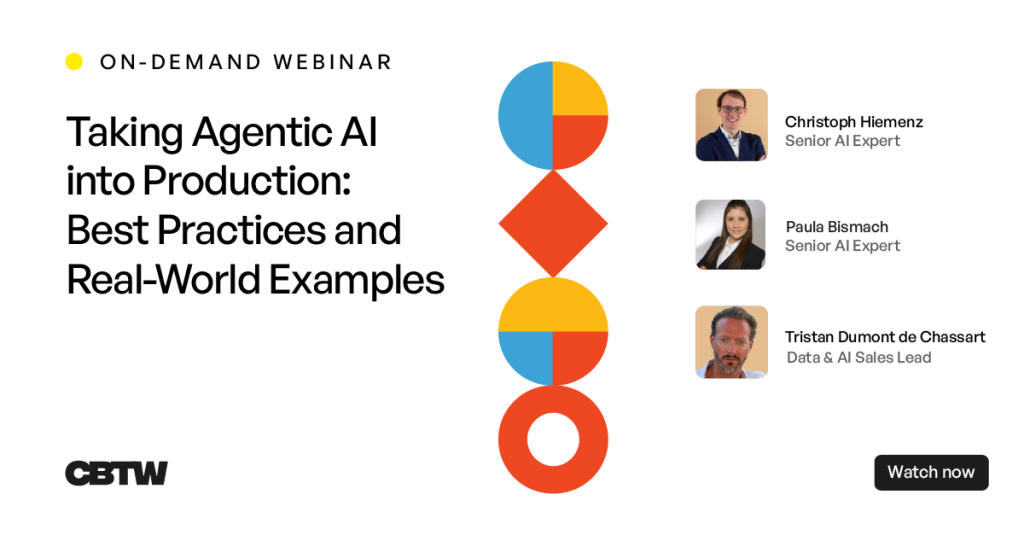To tackle fragmented knowledge management, we developed an AI-powered solution for a leading financial services group. The system doubled answer accuracy and reduced operating costs by 50%. With over 300 advisors adopting the solution, it enabled faster, more confident interactions and laid the foundation for future scalability across business units.
Context & Challenges: Overcoming Fragmented Knowledge Management
Our client, a leading financial services group, set out to improve the way their customer support teams access information and assist customers. The customer service organization is structured into specialized teams, each handling a specific type of service across phone and email.
Most of the knowledge was stored in PowerPoint files, PDFs, and SharePoint folders. Customer Support Teams often struggled to locate the relevant document or the latest version while speaking with customers. Indeed, inconsistent and outdated information increased the risk of errors and misinformation due to old documents overlapping with updated documents.
Our client wanted a system that would allow advisors to simply ask a question or write a keyword and receive a clear answer or trustworthy sources—without having to search across multiple files or platforms.
Our Approach: Scalable RAG-Driven AI for Real-Time Support
To address these challenges, we designed and delivered a modular, scalable, and data-sovereign RAG solution deployed entirely in the client’s private AWS Cloud—following Infrastructure as Code (IaC) principles.
Project achievements
- End-to-end development of a RAG-based architecture combining semantic search, metadata filtering, reranking, and hallucination detection for quality assurance.
- Implementation of an AI agent that independently uses tools (retrieval tool, current time tool) and applies them as needed, multiple times if necessary.
- User-friendly frontend with clear source references (quote, links, etc.) and integrated feedback to ensure transparency and trust.
- Compliance with GDPR and EU AI Act for robust data governance and privacy.
- Scalability through easy connection of new domains/subject areas with separate knowledge bases for different customer service contexts allowing for future rollouts across other business areas.
Step by steps approach
- Requirements analysis and definition of use cases with each services area.
- Architecture design and implementation of the RAG pipeline (AWS, IaC).
- Continuous evaluation and iterative optimization of the RAG pipeline with the help of reference datasets.
- Usability tests and feedback loops with over 300 end-users to improve quality but also AI model adoption through better understanding and user experience.
- Production rollout and monitoring via CI/CD pipelines and observability mechanisms.
- Continuous enhancement through close collaboration and iterative feedback cycles.

Key Benefits: Improved Accuracy, Reduced Costs, and Scalable Growth
The introduction of the AI assistant brought tangible benefits for both advisors and the organization:
- Significantly higher answer accuracy—more than twice as high compared to the initial Azure Copilot baseline.
- Reduced operating costs by 50% through optimized AWS implementation.
- High adoption and satisfaction among over 300 customer advisors, supported by continuous feedback loops.
- Faster, more confident support interactions, with relevant information available within seconds.
- Improved knowledge management through centralized access and transparent source citations.
- Scalable foundation ready for expansion across additional business units and domains.
The solution has delivered clear benefits, including higher accuracy, reduced costs, and faster, more confident support interactions. By improving customer support with AI, the system has gained high adoption and satisfaction among over 300 advisors, streamlined knowledge management, and laid the groundwork for future scalability across business units.
Technologies Used
- AWS: Secure, scalable infrastructure for AI-driven solutions.
- Docker: Containerized services for flexibility and consistency across environments.
- Jira, Confluence, MS Teams: Collaboration tools ensuring transparency and iterative workflow management.
- GitHub Enterprise, Concourse CI/CD: Managed version control and continuous delivery pipelines for collaborative development.
Team Involved
A core team of four Data Scientists—later streamlined to one for ongoing maintenance—led the development with a strong focus on quality and adaptability.
From concept to production, the project followed an agile Scrum framework with two-week sprints, regular demos, and close stakeholder reviews. CBTW contributed with the architecture and development teams, ensuring technical scalability and data sovereignty. The client’s teams provided domain expertise and continuous feedback through agile sprints. The results of this collaboration allowed to improve customer support with Agentic AI and RAG
The collaboration was defined by agility, transparency, and continuous co-creation — ensuring that the Agentic AI Customer Support solution not only worked, but truly supported people in their day-to-day work. Future extensions may include feature like a chatbot or calculation address more complex queries.
